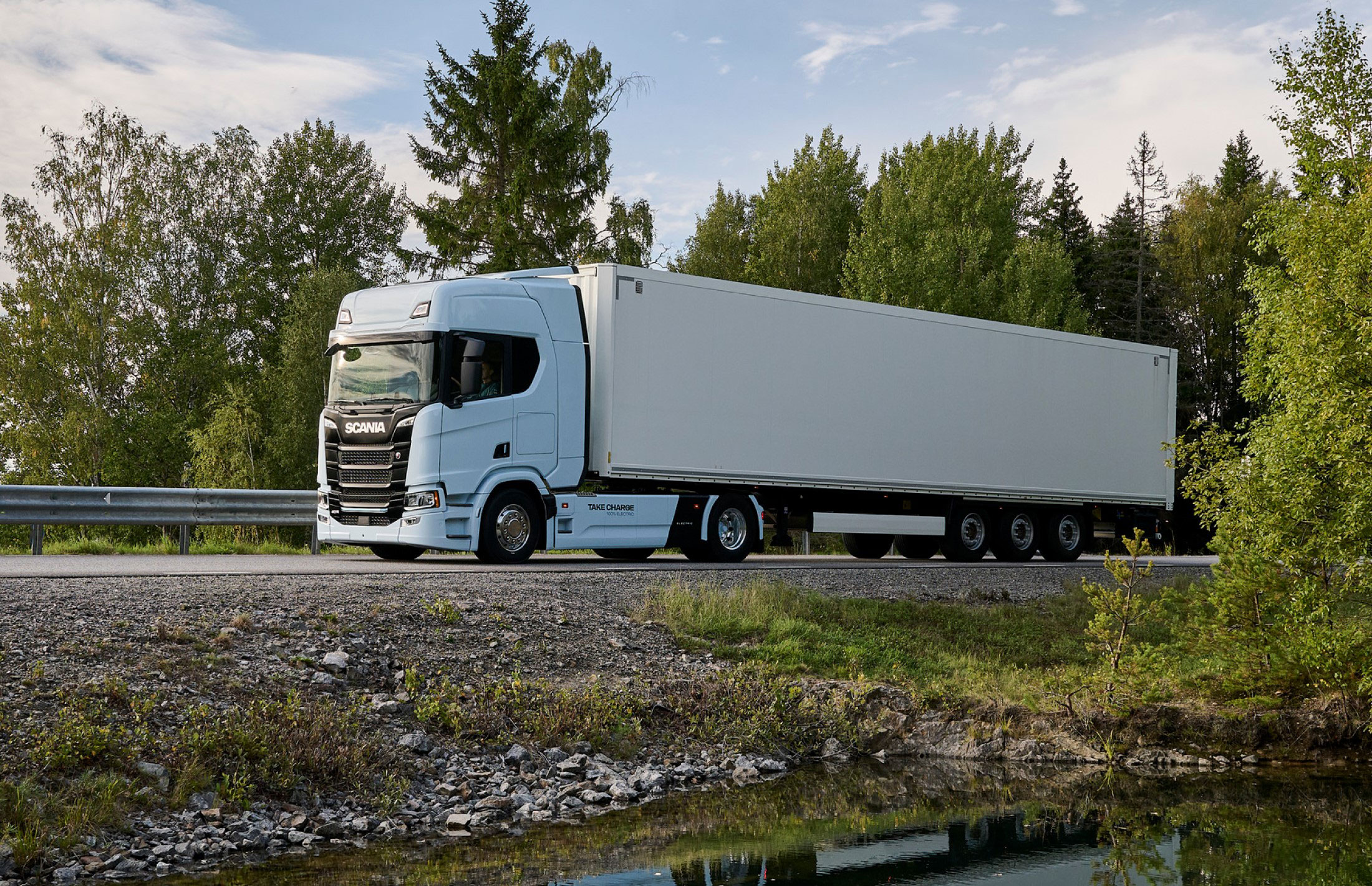
Published
- Sustainability
- Trends
Scania drives the transition together with EKN
Reducing greenhouse gas emissions from road transport is imperative to the energy transition and export credits help build the business case behind the massive investments required.
The transportation sector accounts for 25 percent of global greenhouse gas emissions, posing a significant obstacle in meeting the decarbonisation goals of the Paris Agreement, states the World Economic Forum in a new report and warns, “Compared to other industries, the transport sector is not making strides in reducing its emissions, which will result in an increasing relative share of total emissions in the years to come.”
Swedish heavy truck and bus manufacturer Scania is doing its best to reverse the negative trend by promising that 50 percent of all vehicles sold will be electrical by 2030. “Scania’s purpose is to drive the shift towards a sustainable transport system,” says Kristina Jungkarp, Head of Export & Trade Finance and adds that, “the future of the heavy transport industry is electrified but it will not happen overnight.”
The technology is there, we have it, but transition investment also requires a solid business case.
Kristina Jungkarp, Head of Export & Trade Finance, Scania
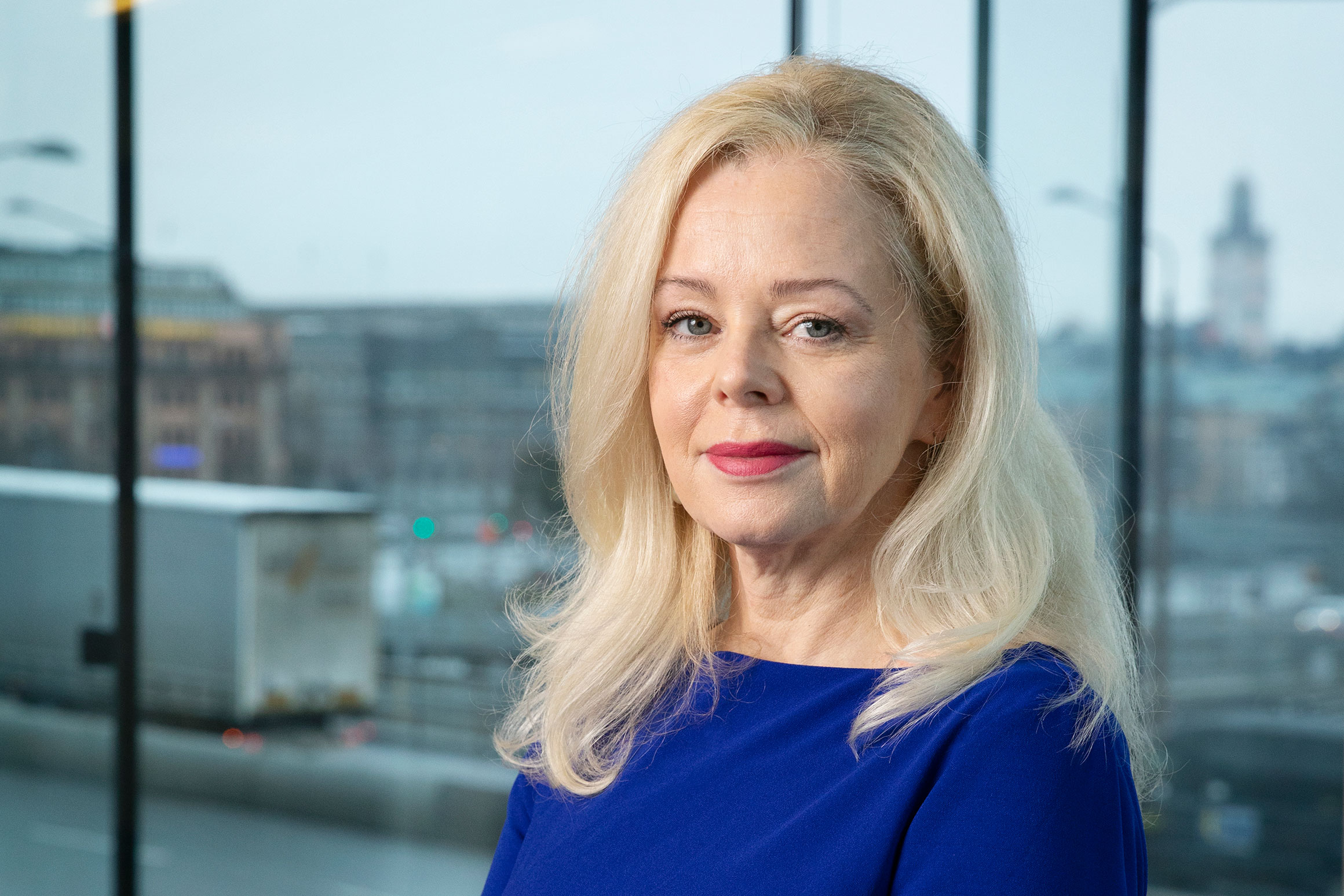
Jungkarp points out that the transition is more of a financial issue than a technological problem. “There is an enormous need for investment in infrastructure to support the transition and enable fossil-free transportation. The technology is there, we have it, but transition investment also requires a solid business case.”
So, where is the business case behind transitional investment necessary to attract funding from a wide array of backers? Export credits can certainly help render the business case behind infrastructure investments more attractive, says Jungkarp. “Export credits can cover the risks involved in the transition to a sustainable transportation system. EKN has been a very important partner of ours ever since the 1930s, particularly when it comes to exports to more difficult markets or new segments.”
Two-speed global transition
The readiness to adopt electrical transportation varies greatly across the globe and the transition also involves many things and many steps along the way. “We are looking at a two-speed global transition where some regions and sectors such as public transport will move faster,” says Jungkarp.
Public transport is particularly important in developing markets, where the infrastructure to support all-electric transport is often lacking. In Abidjan, the capital of Côte d’Ivoire, EKN is backing a public transport project where Scania is supplying 450 buses that may be powered by biodiesel produced using agricultural waste from rubber plantations as well as traditional diesel. “This is a good example of transitional transportation investment that is adapted to the local economy.”
A report from the World Bank shows that an improvement in urban mobility in Abidjan of around 20 percent could lead to a GDP growth gain of about 1 percent per year.
Jungkarp believes export credits have an increasingly important role to play in Europe as well. “When it comes to electrical vehicles and charging infrastructure, I believe EKN will be more important in more developed markets as well.”
A more holistic approach
The EU Taxonomy provides a framework for assessing the sustainability of transportation investments, but Jungkarp suggests that it may sometimes fail to consider that the transition is an ongoing journey in several steps, and she calls for a more holistic approach. “The EU Taxonomy is great if you want to invest in something that is green today. But since it only considers tailpipe emissions, only completely electrical vehicles are considered green. It doesn’t matter whether the electricity comes from renewable sources or not,” Jungkarp points out and adds, “It’s important to assess each project on its own unique merits. Sustainable fuels such as biogas and intermediary solutions are key for the transition.”
Besides supplying 400 low-entry 13-metre buses to Abidjan, Scania also delivers fifty 18-metre articulated Euro VI class buses that run on Compressed Natural Gas (CNG), reducing particles and NOx with more than 90 percent compared to diesel Euro I class. “The fact that these buses can also run on biogas paves the way for completely carbon-free public transport in the future. Even better, the biogas may be produced from local waste,” concludes Jungkarp.
Read more
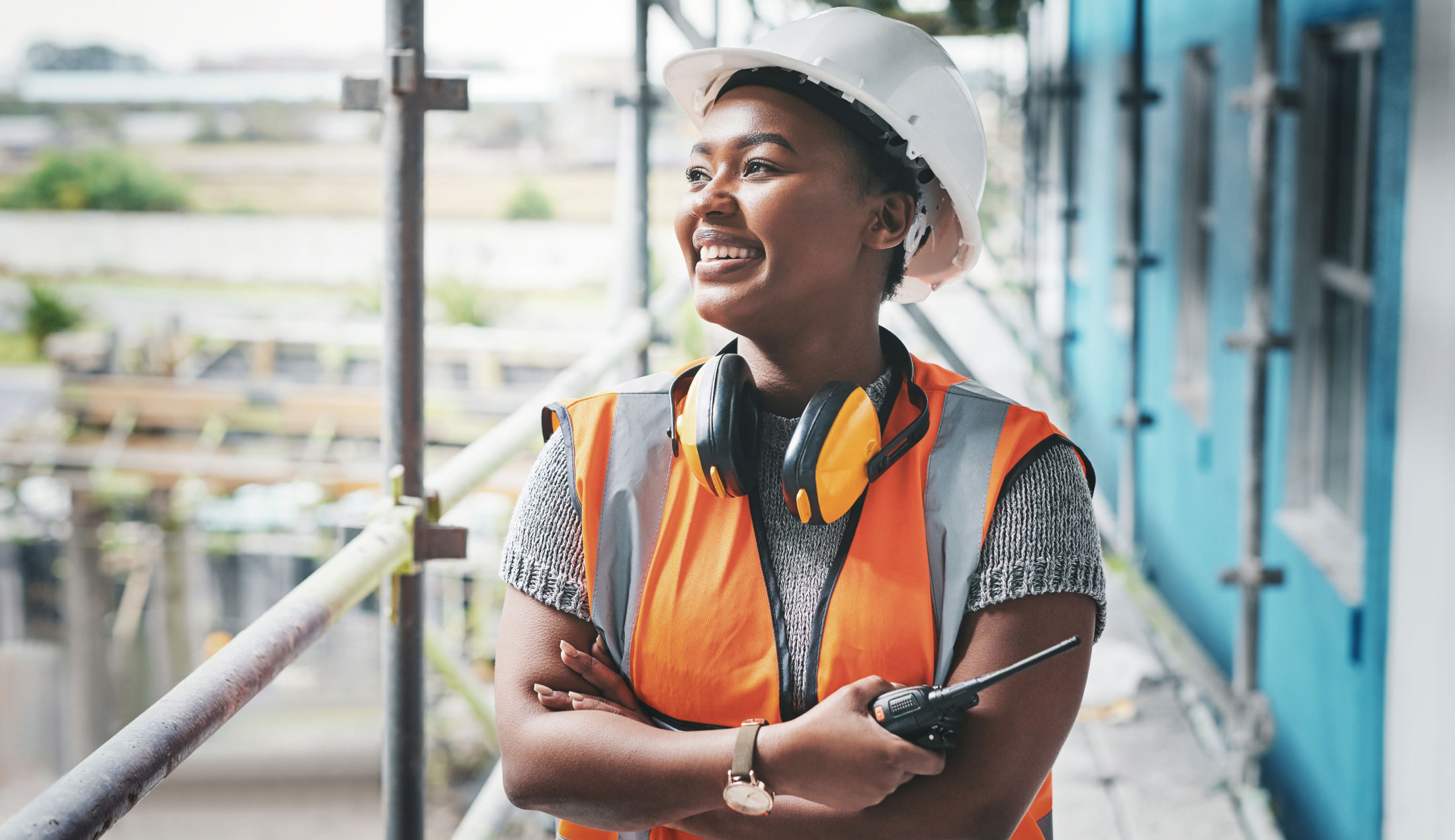
- Sustainability
- Risk
Lower risk – better business
EKN helps Volvo Construction Equipment mitigate risk across the entire value chain. “Responsible sales are good for business.”
Lower risk – better business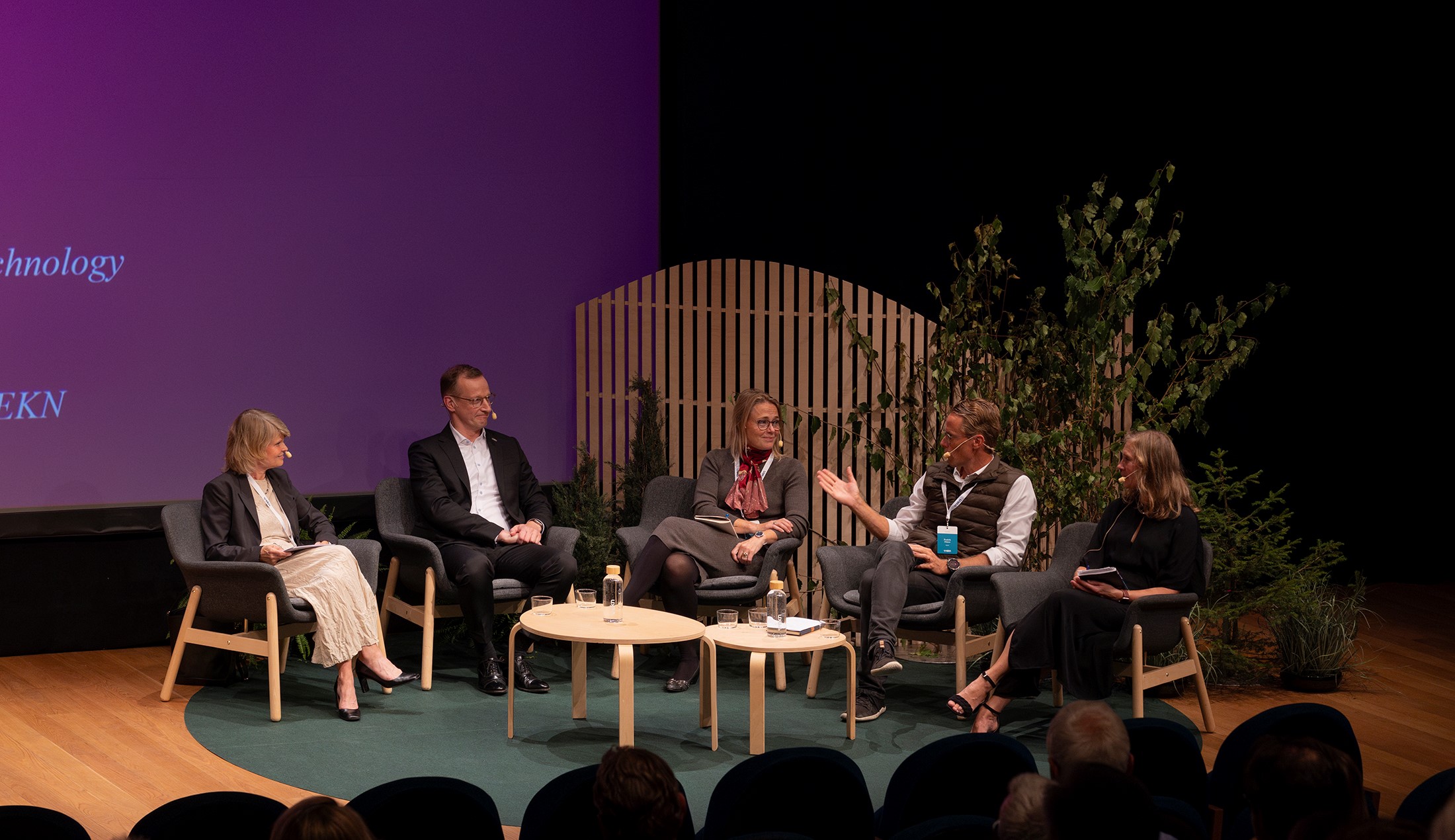
- Sustainability
- Markets
- Trends
Green gold under the midnight sun
Northern Sweden’s green energy surplus attracts industries in green value chains, with EKN’s green guarantees enhancing deals.
Green gold under the midnight sun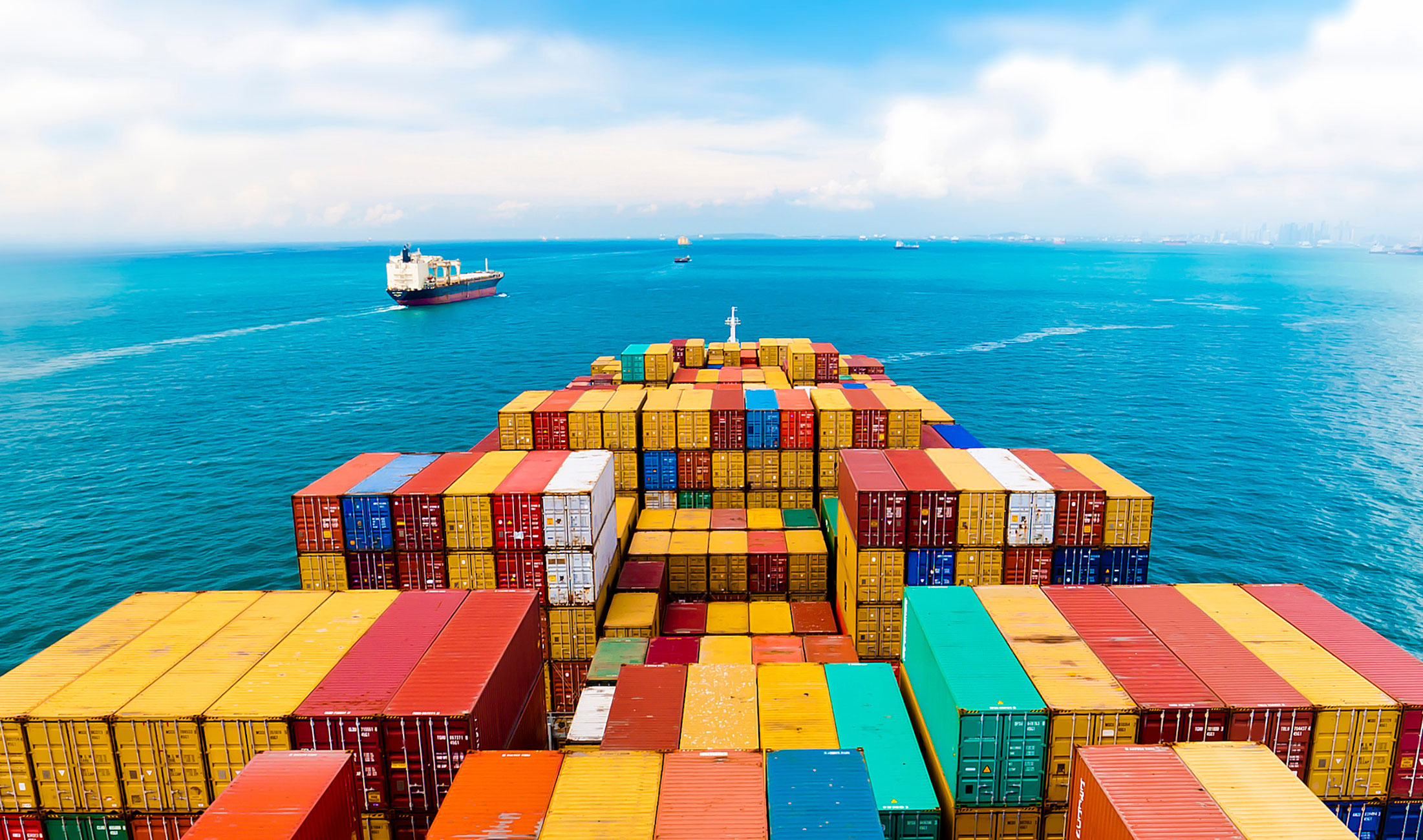
EKN for large corporates
More and bigger export transactions for companies with an annual turnover of more than SEK five billion.
EKN for large corporates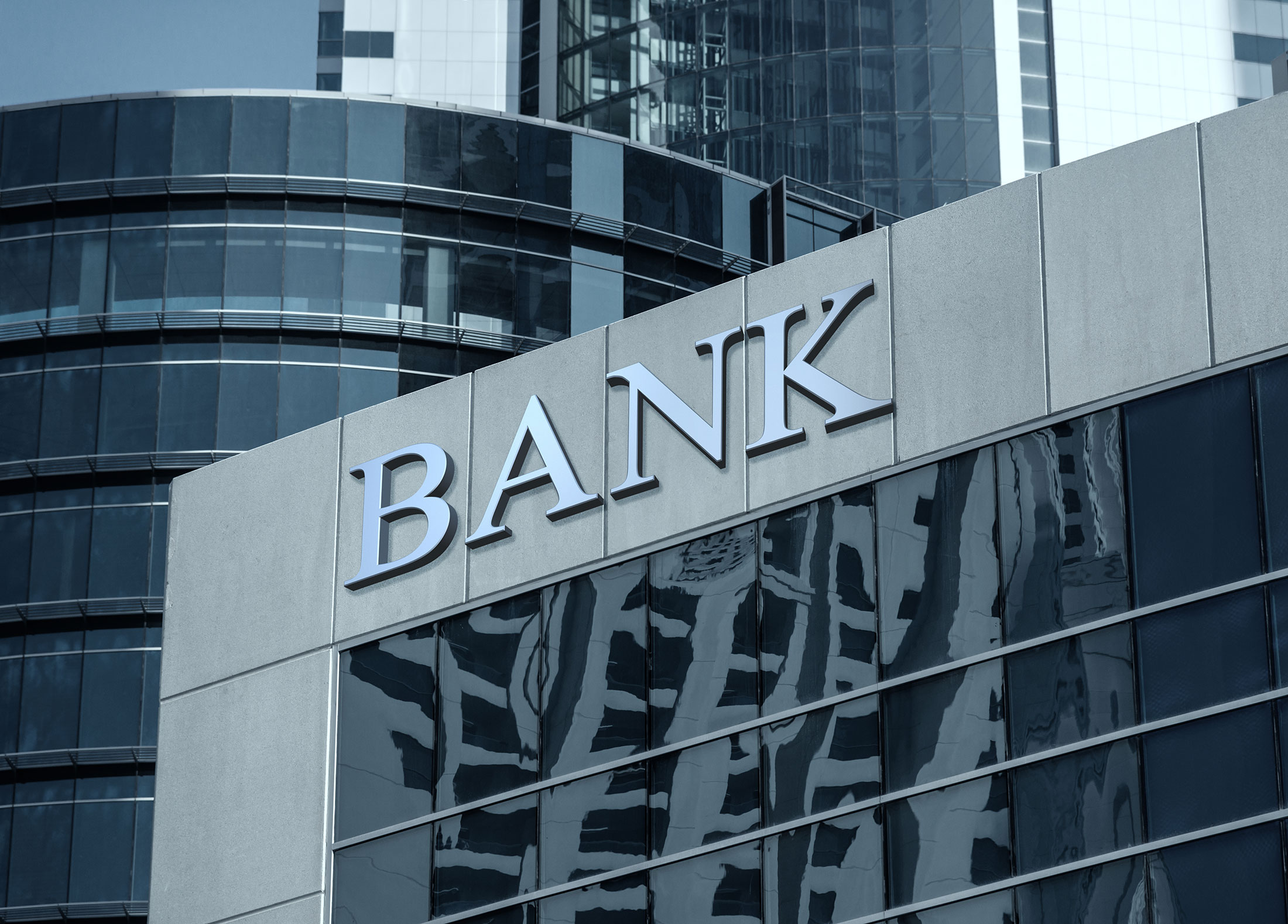
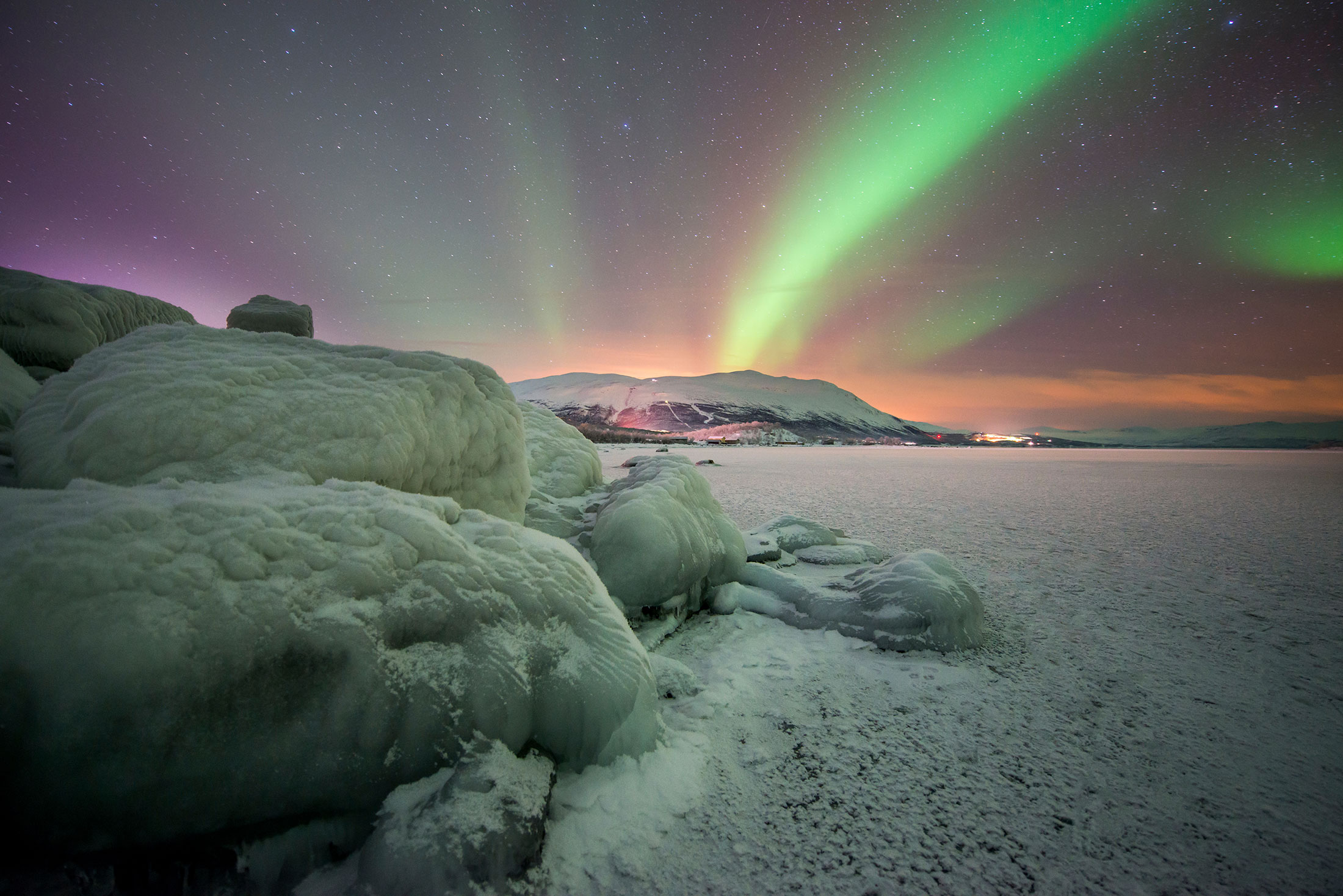
EKN for buyers in Swedish export transactions
Buy from Sweden and benefit from attractive financing.
EKN for buyers in Swedish export transactions